Not all animals are created equal regarding size, speed, and lifespan. But what about memory? Which animals have the absolute best memory out of all the others in the animal kingdom? Some of the listed animals will be familiar if your memory suffices. They are also some of the most intelligent animals in the world. We are betting that at least a few on our list will surprise us. Now, let’s see if you can remember all of them long enough to tell your friends.
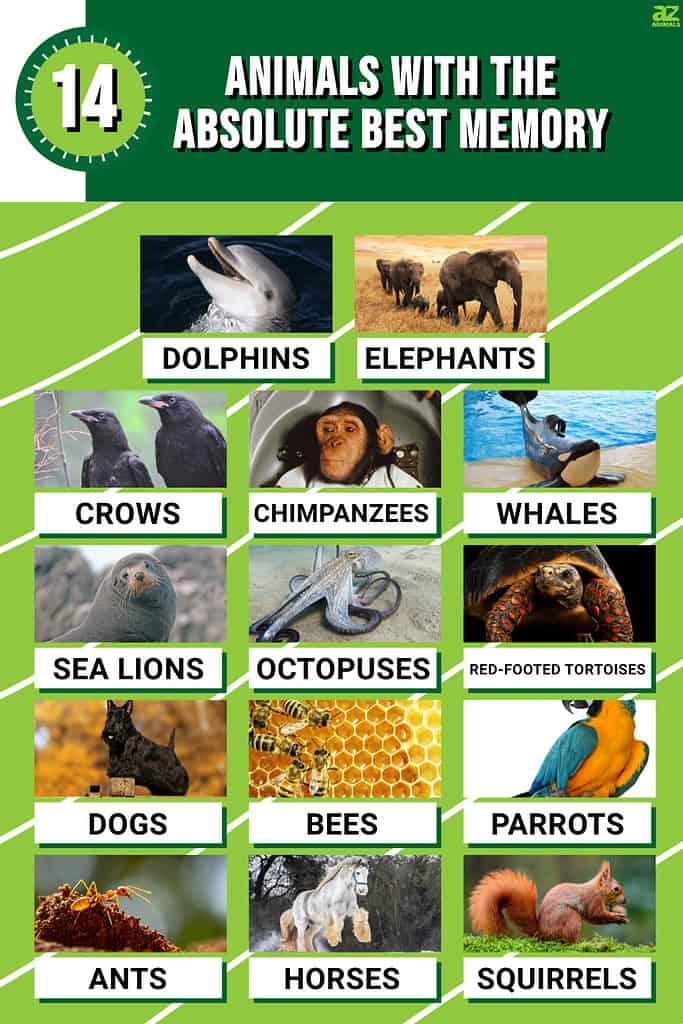
1. Dolphins
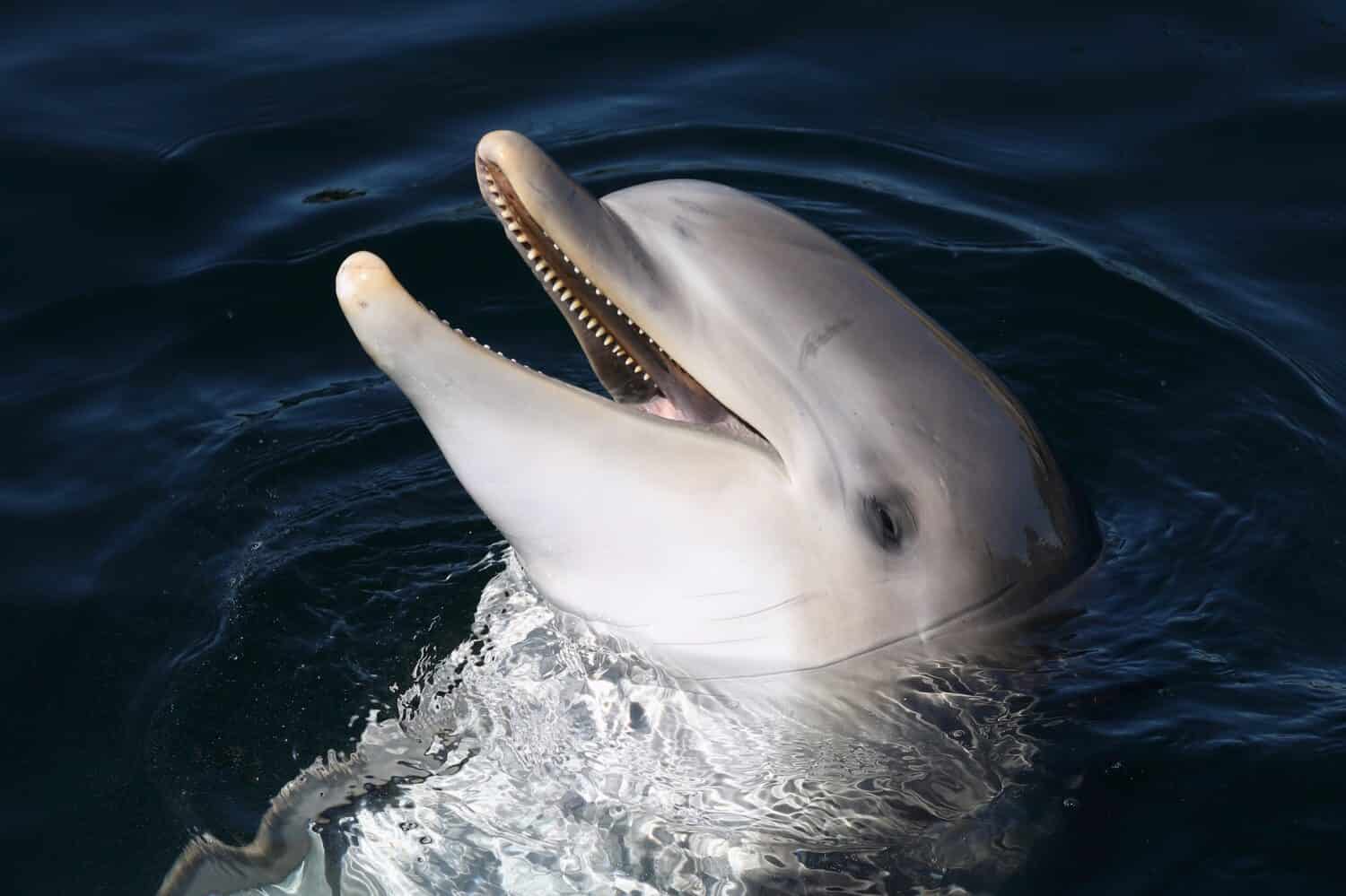
The happy smile of the dolphin hides its massive memory.
©RMMPPhotography/Shutterstock.com
Dolphins are one of the most intelligent animals on earth. We already knew that. We didn’t realize they may have the best memory of all animals. Dolphins can remember things like faces, sounds, locations, and the identity of other dolphins for over 20 years! That’s longer than many people can remember. They also have a brain size that is comparable to human brain size.
2. Elephants
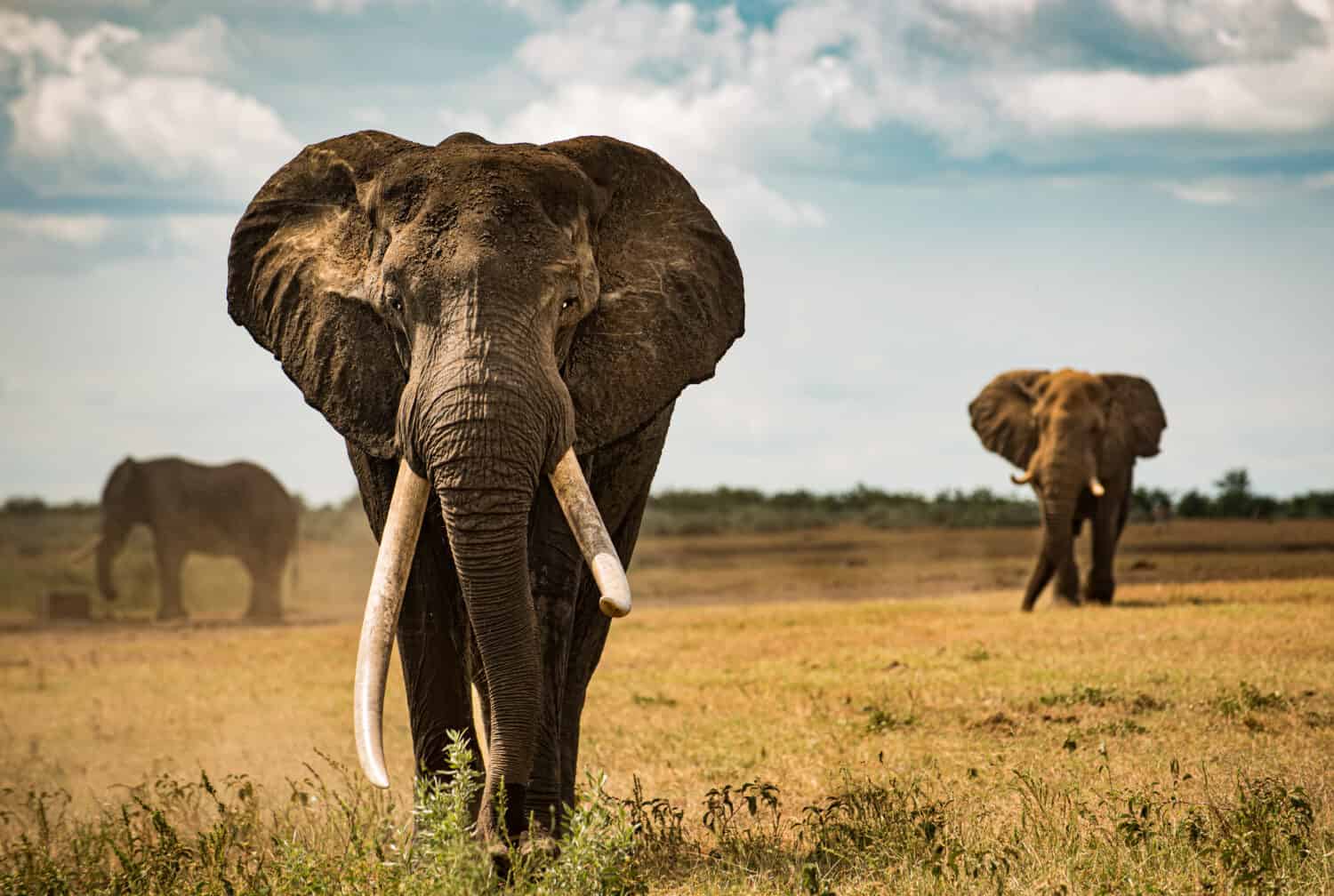
We have known for a long time that elephants have one of the best memories in all the land.
©Johann Mader/Shutterstock.com
Elephants are another fantastic animal capable of remembering for over 50 years! They have the second largest brains on earth after the sperm whale. Elephants have a large frontal region of the brain that makes up their cerebral cortex. The cerebral cortex is where memories are stored, so it’s no wonder why the massive creatures are capable of remembering for so long.
3. Crows
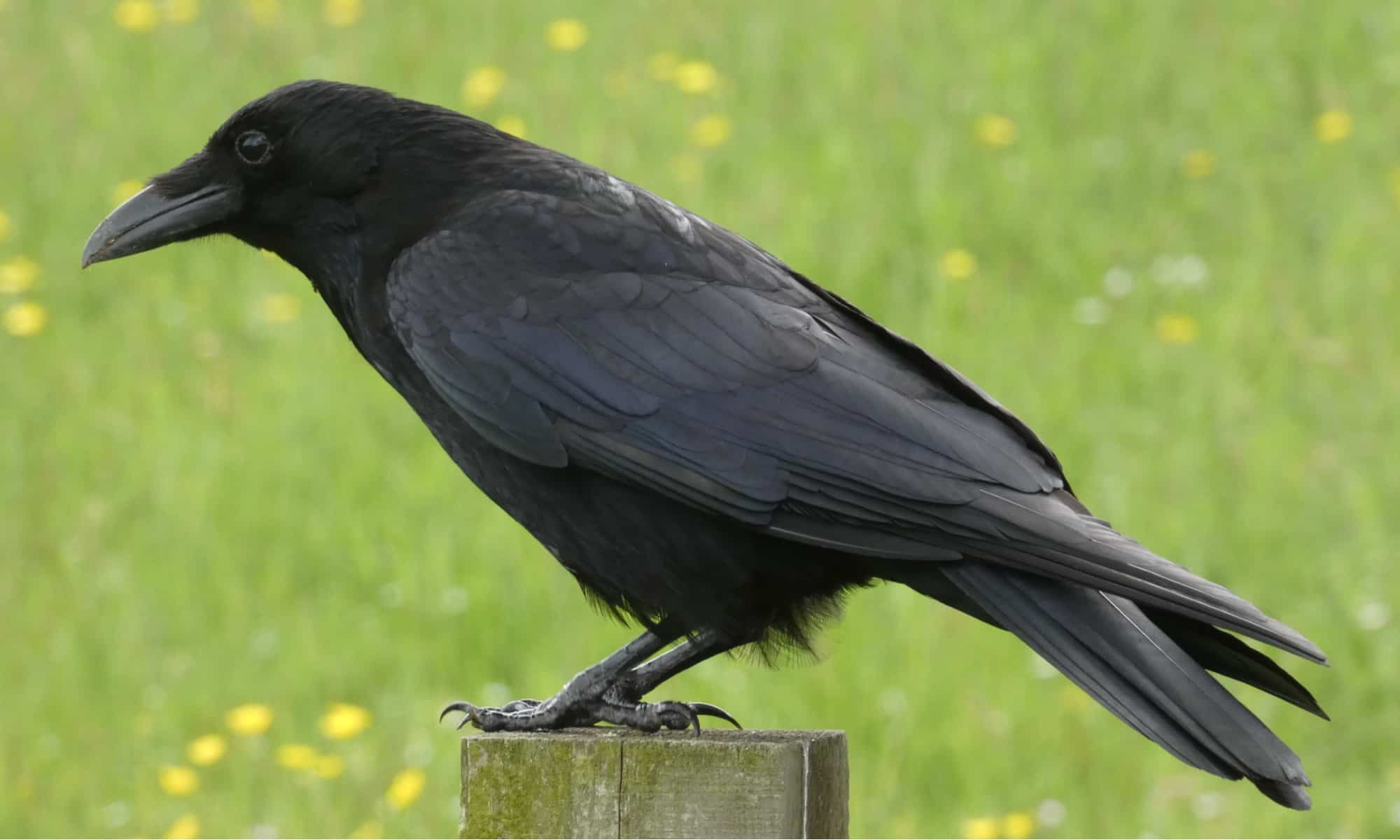
The American crow is the most intelligent bird in the world, and a lot of this is due to their fantastic memory.
©Bruce A Clifton/Shutterstock.com
Crows are extremely smart. They can figure out complex problems, remember the faces of humans who have been kind or mean to them, and even make tools for insect collecting. Crows use their intelligence to remember people’s faces and tell other crows who to trust and who not to trust. They can recall the faces of people who have been unkind to them for five or more years.
4. Chimpanzees
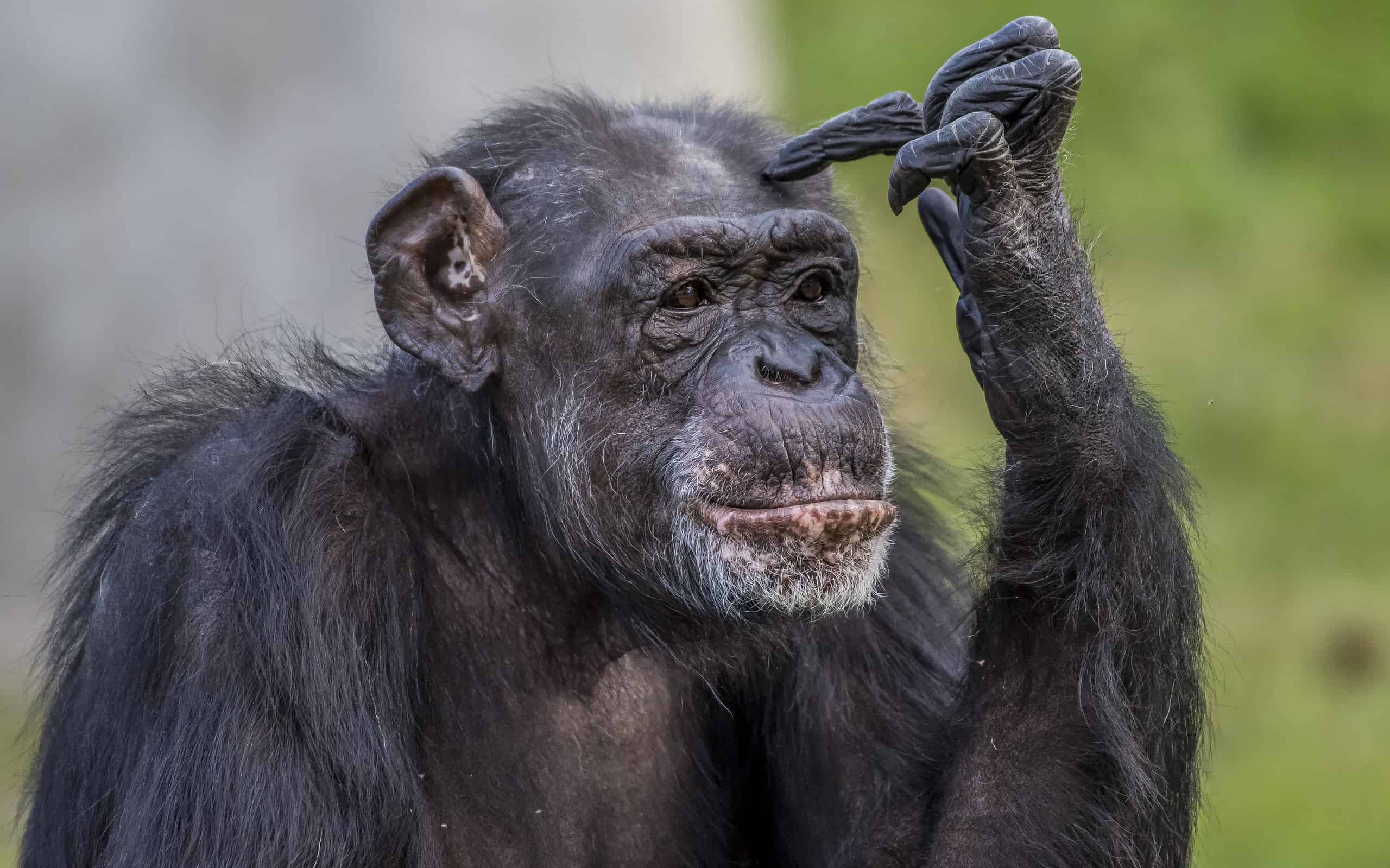
Like humans, chimpanzees have brains that work off memory for many sectors of their lives.
©Wirestock/iStock via Getty Images
Chimpanzees have better-working memories than humans, at least as far as short-term memories are concerned. Regarding numerical memory tests, scientists confirmed that the young chimps were the clear winners, even with experiments to prove that human memory is more significant than their own. Who’s the monkey now?
We have been studying chimpanzees and other primates for a long time, but the results always point to them having more and more in common with humans than we’d ever thought possible. Their cognitive function is remarkable. Somewhere, there’s a chimpanzee studying humans and shaking his or her head in disbelief at how we have chosen to dampen our broad-spectrum intelligence just because we feel like it.
5. Whales
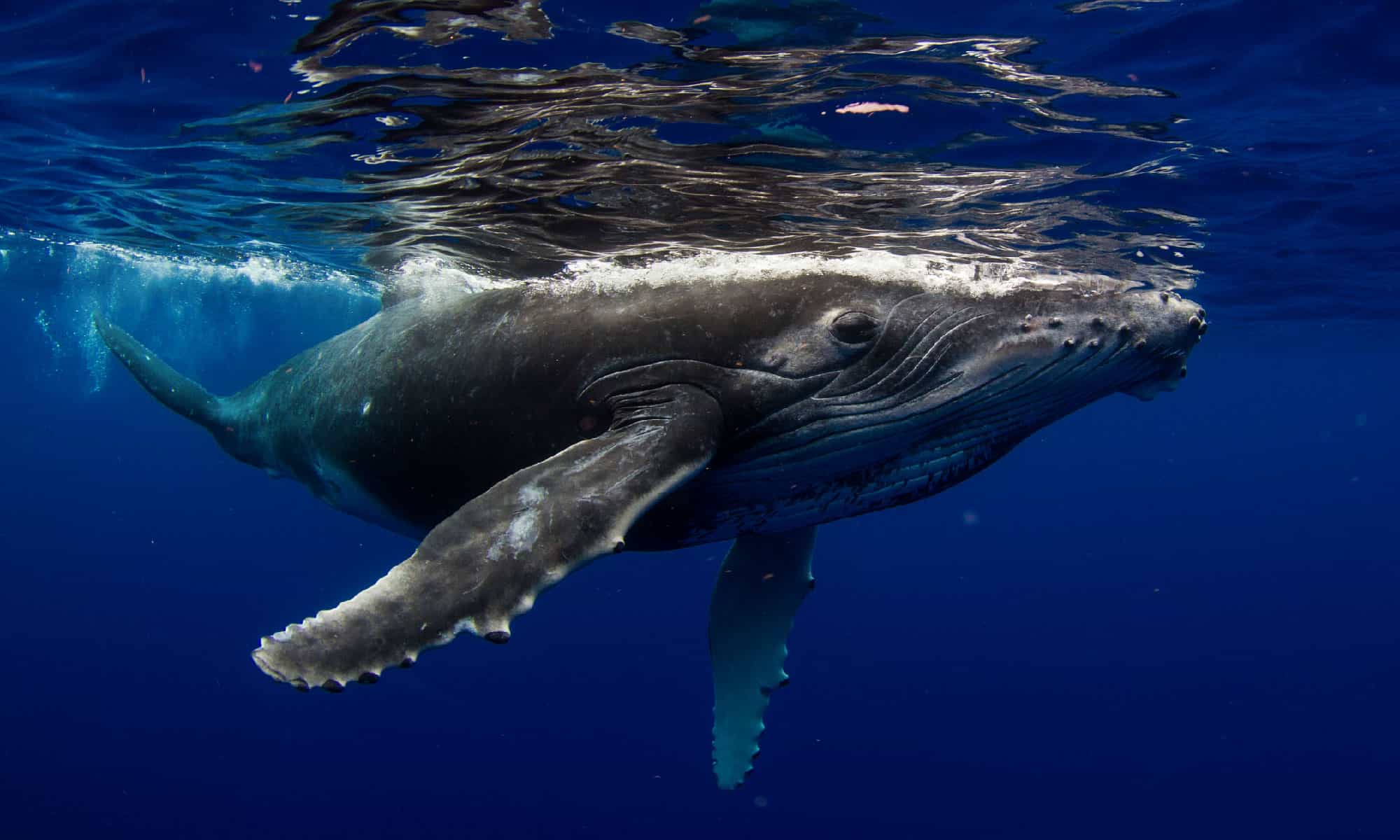
Whales are unique in many ways, and we should be grateful to share a planet with the giants.
©iStock.com/Baptiste Le Bouil
We are frequently reminded of how intelligent whales are, yet we continue to be their ultimate demise. The sperm whale has the most giant brain of any living thing on earth. They are gentle with humans, kind to their pods, and great mothers to their children. We have so much we could learn from whales, as far as grace goes. All whales don’t have enormous brains because they are pretty small compared to giants like the blue whale. This doesn’t mean they lack intelligence or memory. It is impressive how great the memory of a whale is.
We can’t go a day without GPS to guide us to our destinations, even if we always go there. Long ago, we had to try harder than we do now that we are driven by technology, but the whales don’t have any form of navigational system except what’s in their memories. Some whales migrate thousands of miles to reach a suitable feeding spot. Once the seasons change, they may head to a different area for a specific food or a mate. The bottom line is these whales can navigate the oceans using memories.
6. Sea Lions
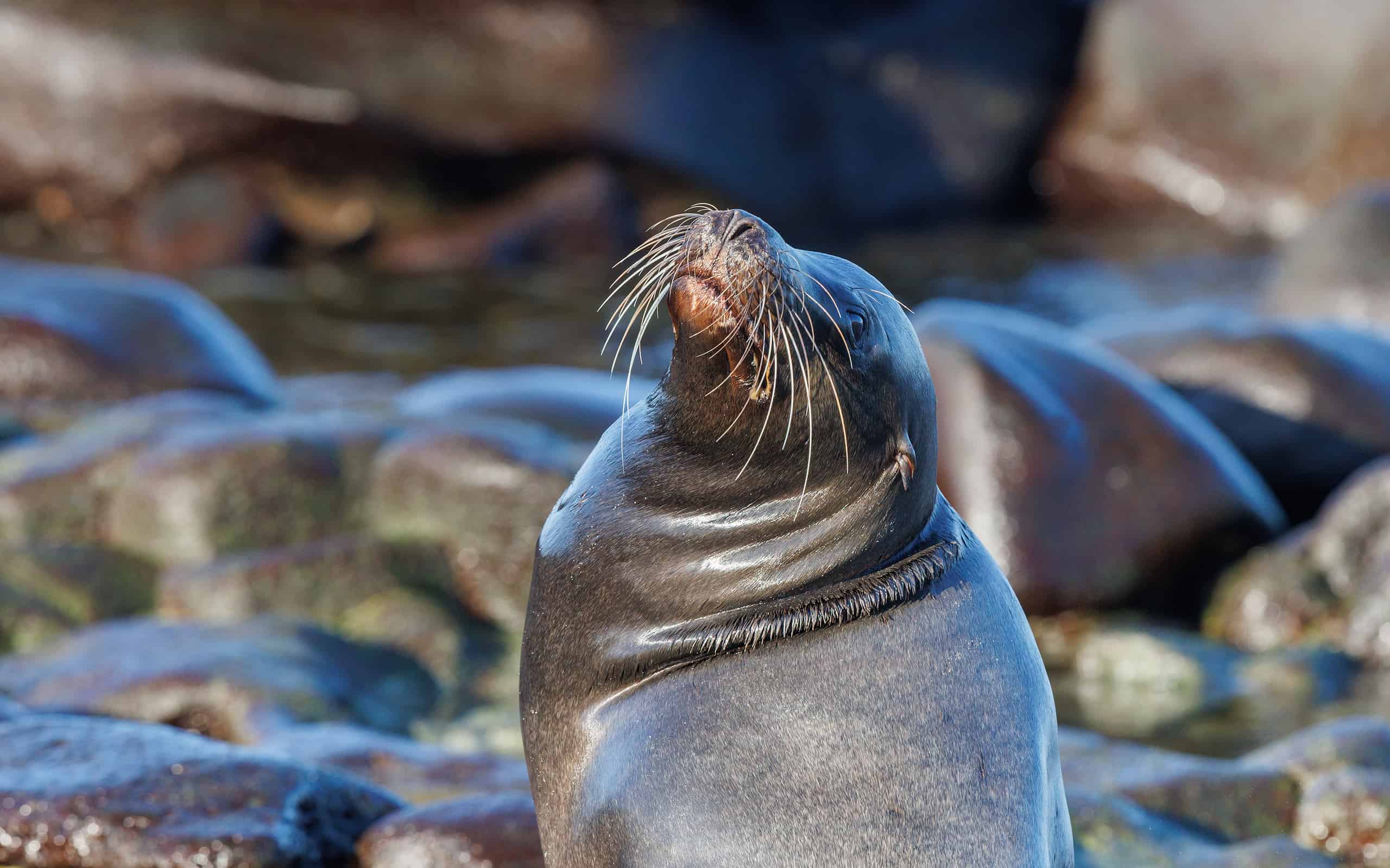
Not many think of a sea
lion
as having a stellar memory, but they have one.
©phalder/iStock via Getty Images
Sea lions can remember their mother’s voice long after they are weaned. They can also recall memories that are at least ten years old. They also have excellent short-term memory, but it is short-lived. Studies have shown that sea lions exposed to toxic algae have cognitive impairment. It’s possible that once the sea lion has detoxed from the harmful algae, it could regain its cognitive function. In humans, when medications were involved, some cognitive function, at minimum, was restored after the drug was stopped. Maybe the same is true for the smarty-pants sea lions.
7. Octopuses
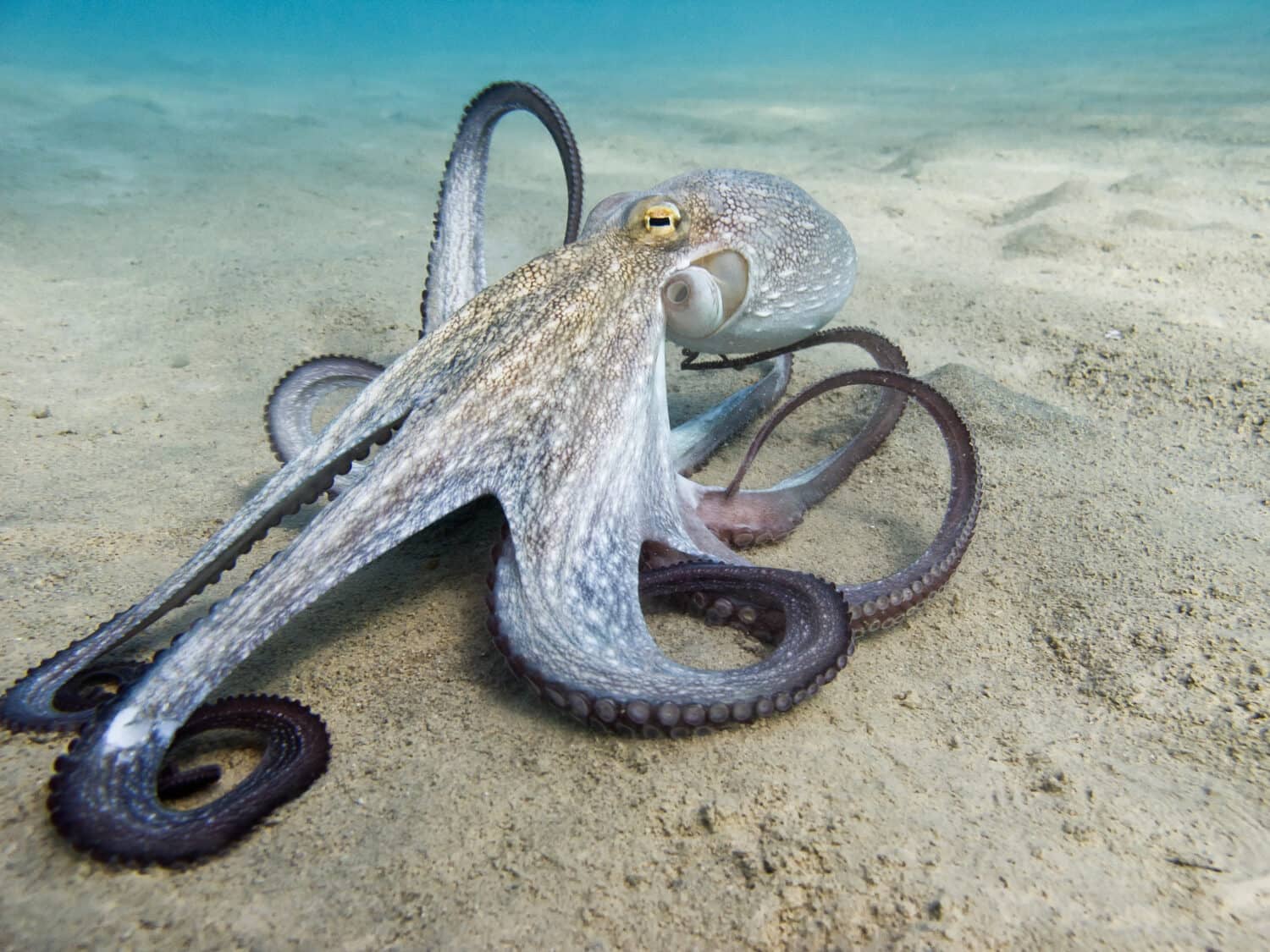
As we learn more and more about octopuses, it’s no surprise that they have a great memory.
©ennar0/Shutterstock.com
Octopuses are nothing short of amazing. They are empathetic, capable of various emotions, and sometimes even hold grudges. We do not yet know so much about the fantastic, sticky-handed creatures from the sea. One thing we do know is that they have pretty unforgettable memories. Octopuses can recall dens, and they have many. They even arrange rocks around the opening of their dens, probably not for decoration, but to identify it’s theirs faster.
Octopuses have numerous dens and will sometimes go hunting for prey for hours. They always bring their prey back to their cave to eat. They are knowing where one of the many homes you have can speed up the trip home. It is impressive that the smaller octopuses that have lifespans of two years can have long-term memories.
8. Red-Footed Tortoises
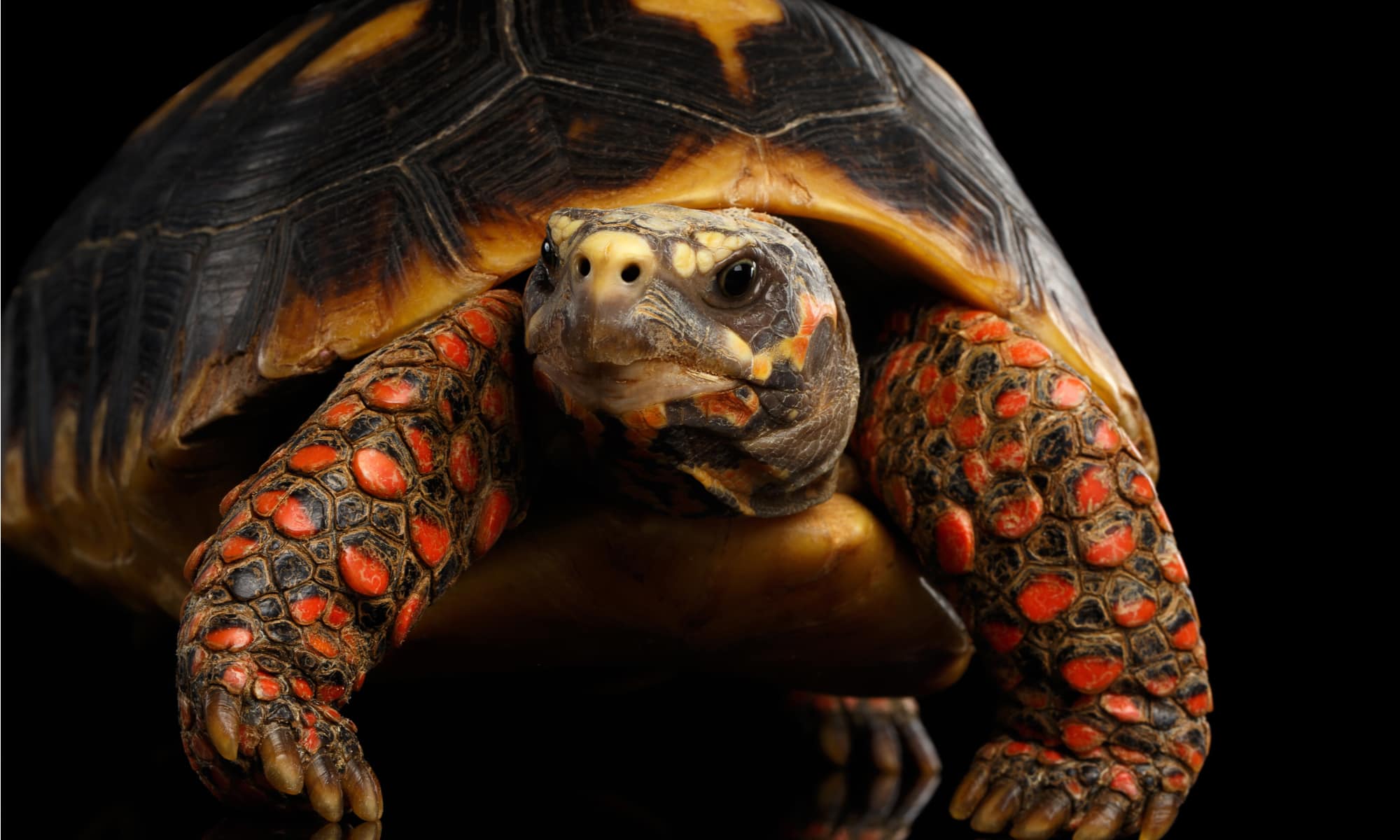
The red-footed
tortoise
lives for approximately 30 years.
©Seregraff/Shutterstock.com
Recent studies have shown the red-footed tortoise can remember where it buried its food for 18 months. They can also recall where a preferred food is that they’ve also hidden. The tortoises communicate by head bobbing between males and females and do best in community settings. When placed into a new enclosure, they can quickly remember where to find their food and den. Red-footed tortoises have highly developed localized intelligence and problem-solving capability, which keeps them alive in the wild.
9. Dogs
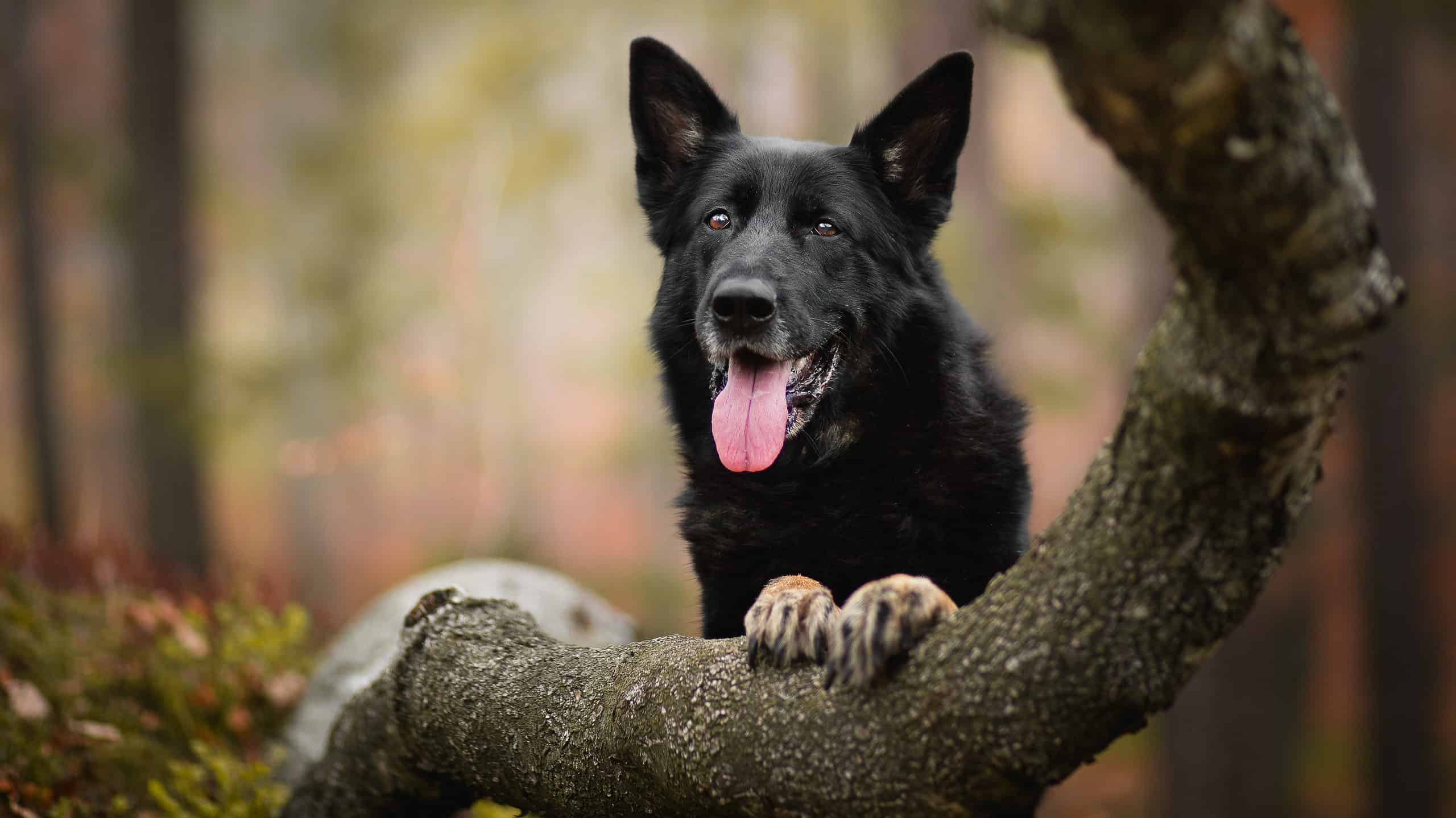
Dogs have a perfect memory overall.
©marketalangova/Shutterstock.com
Canines are highly intelligent and have excellent long-term memories. Many factors play a role, and not every dog or breed is created equal. Some dogs may be excellent with short-term memory but not with long-term memory. Many dogs have a short-term memory lifespan of two minutes, though some may forget where the ball is as soon as they drop it.
Dogs have associative memories, which means they associate smells with places, people with smells, foods with people, etc. They use sensory skills to recall people, locations, events, snacks, and more. Dogs can recall every move their owners make up to one hour later.
10. Bees
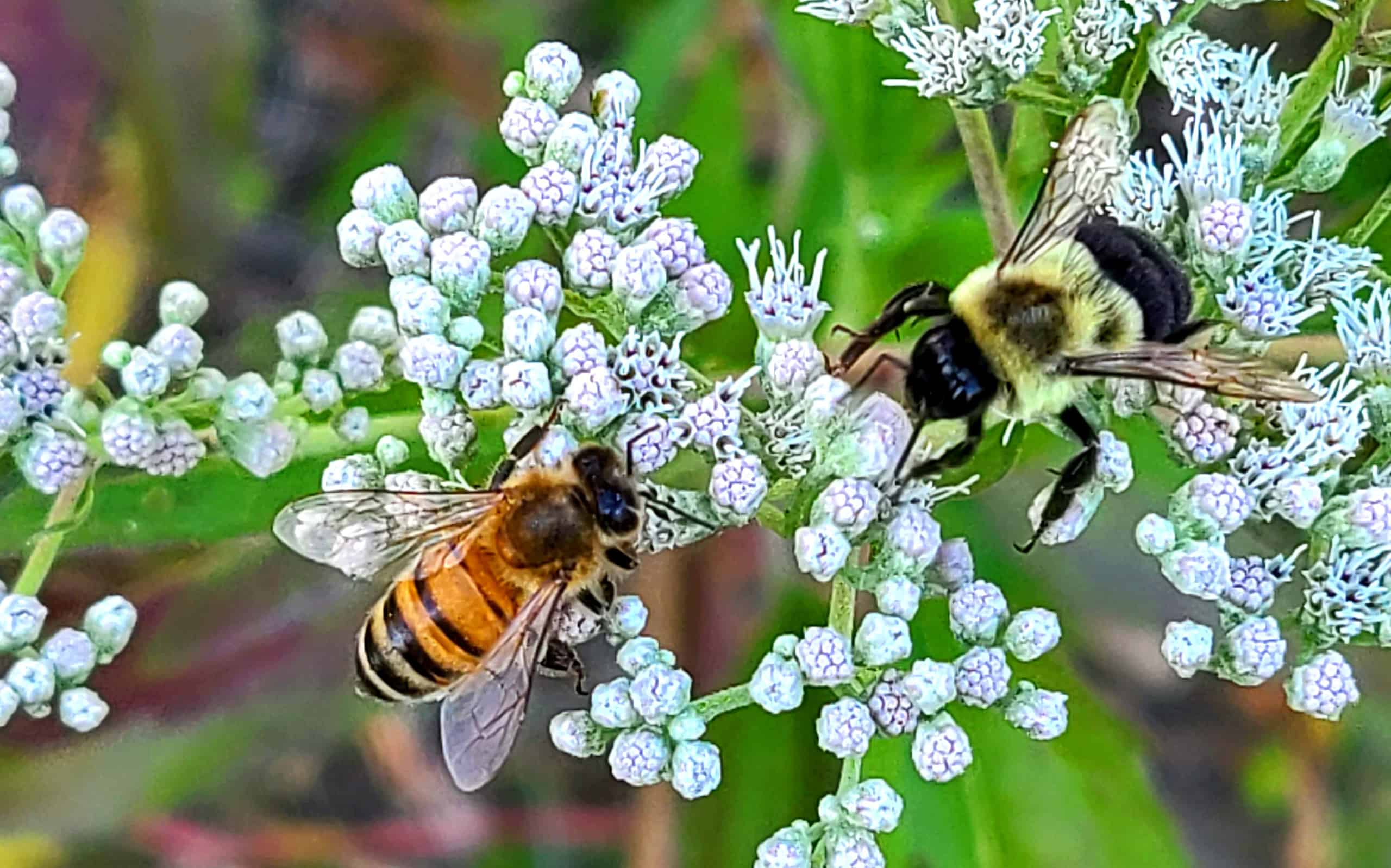
It should not be a surprise that bees have an excellent memory.
©Sarah Bruce/iStock via Getty Images
For an animal with a tiny brain, honey bees have excellent memories and are very empathetic and intelligent. They can plan out their moves and routes ahead of time and then get to work. The bees remember what to do in steps. They can also know when the time is right to complete those tasks. They can recall reward-associated odors days after they took place. Bees are very good at remembering where the hive is even after traveling all over the area during the day. If the hive were to move several feet away, the bees would begin to pile up where the hive was supposed to be.
11. Parrots
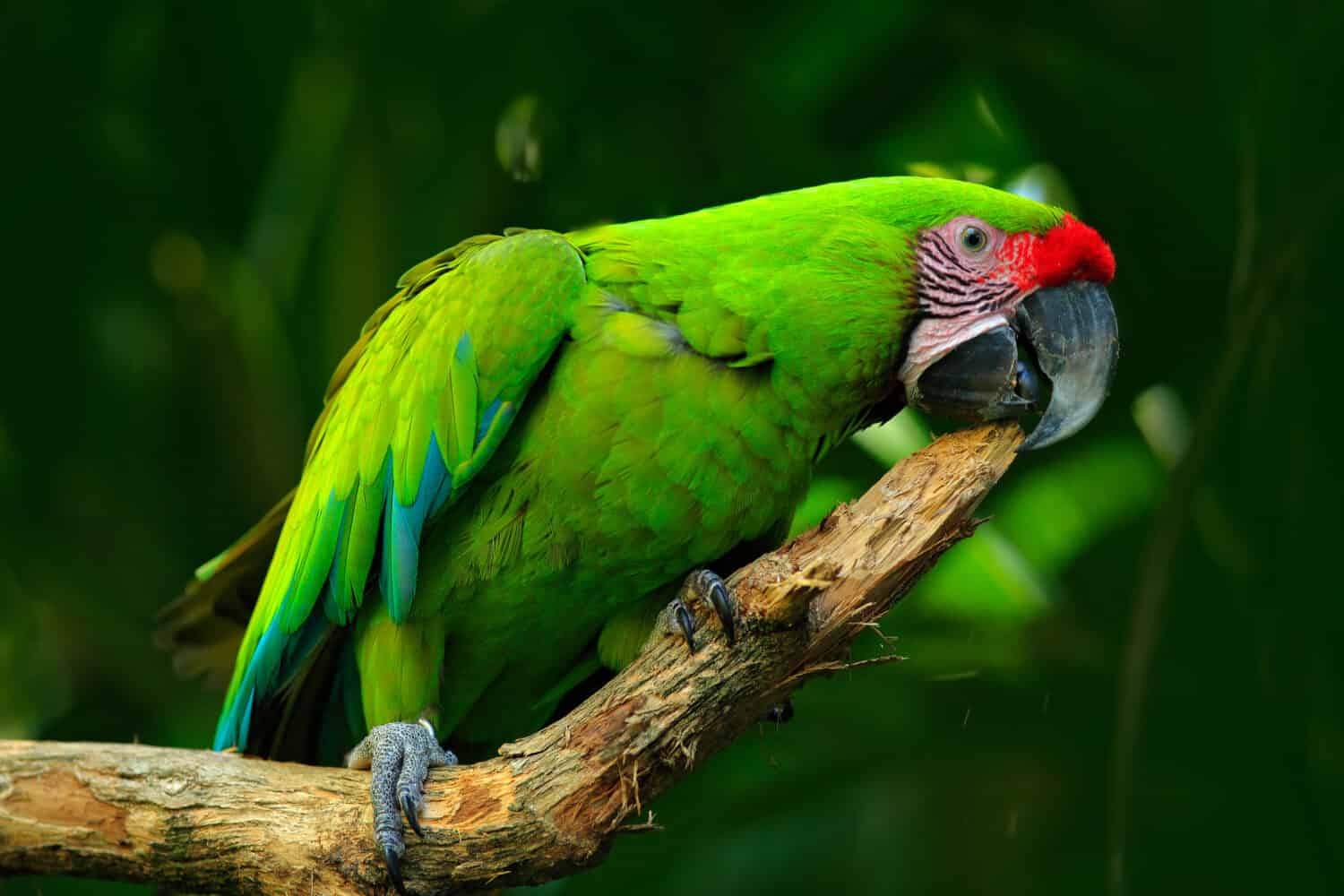
This bird shows their intelligence by remembering short commands and learning to speak.
©Ondrej Prosicky/Shutterstock.com
Parrots are right behind crows regarding smarts and have excellent memory. Their memory isn’t as good as the crow’s, but it’s not far behind in that category. They have a standard short-term memory of 15 seconds, but their long-term memory shows that they will recall your face, voice, and commands for a long time. In the wild, parrots must remember where it is best to find food and at what time of year they need to head that way. They can remember some of the most relevant information for a lifetime.
12. Ants
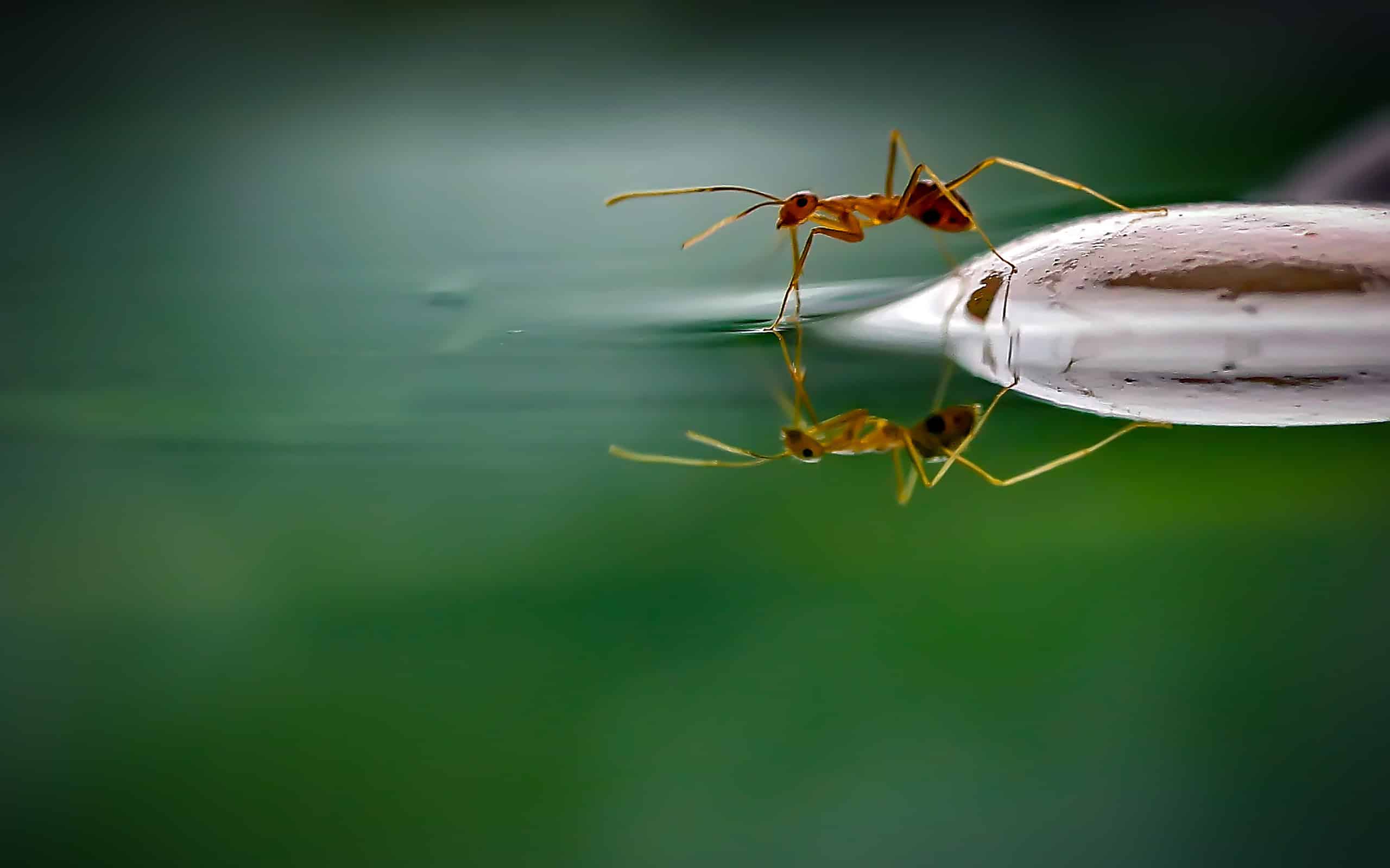
As very tiny insects, ants have an excellent long-term memory.
©teguh santosa kedua/Shutterstock.com
Ants need to retain information for their survival and their colonies. Studies have shown they can remember new information for three days. On top of that, they are super fast learners, which they should be sure to add to their ant resume.
The colony acts as one brain, with each ant bringing a memory to the colony that will remain there for decades sometimes. An older ant shows a younger ant a trail; when the older ant dies, the trail lives on as more ants learn about it. They do the same with food sources, where to go and what to do in the winter, the first missions once the snow melts, spring arrives, and so forth.
Bees are similar because they think about the hive, known as the “hive mind.” Each bee or ant does its part to pass critical information down to younger generations.
13. Horses
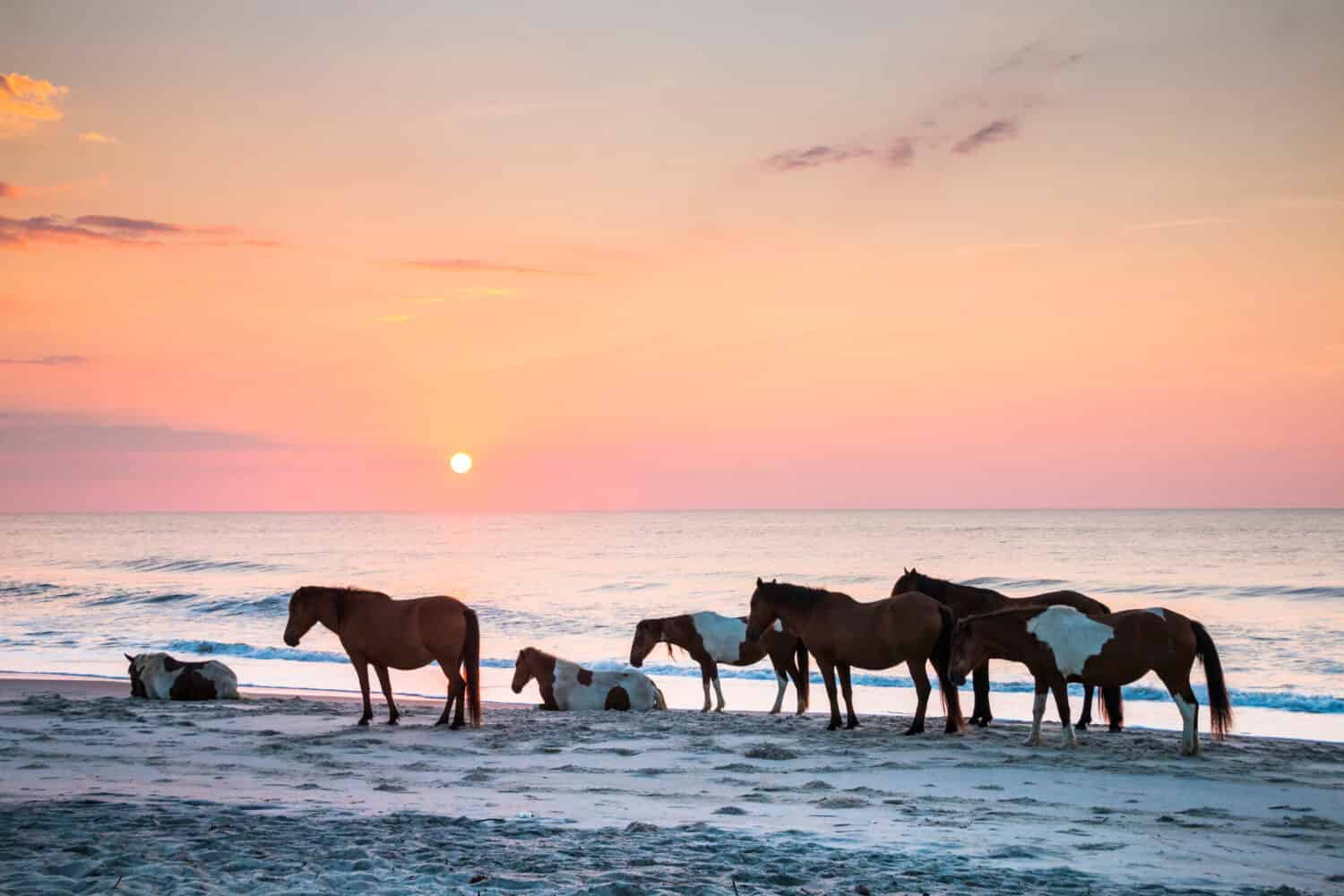
They are excellent when it comes to their fast-paced memory and their functions within the herd.
©nathaniel gonzales/Shutterstock.com
Horses and humans have a fantastic bond that has spread for centuries. They have played the roles of companion, transportation, soldier, athlete, worker, and more. The horse can learn tricks and retain them for a long time. They will remember someone they’ve had positive experiences with for their entire lives. They can also include complex problem-solving strategies for ten or more years.
On top of that, horses can recall what different facial expressions and emotional responses with humans mean. They are very empathetic and care deeply for their favorite person. If the person is absent for years, the horse, even if blind, will recognize the famous person’s voice and smell. They will recognize the face of the person if they are not visually impaired.
14. Squirrels
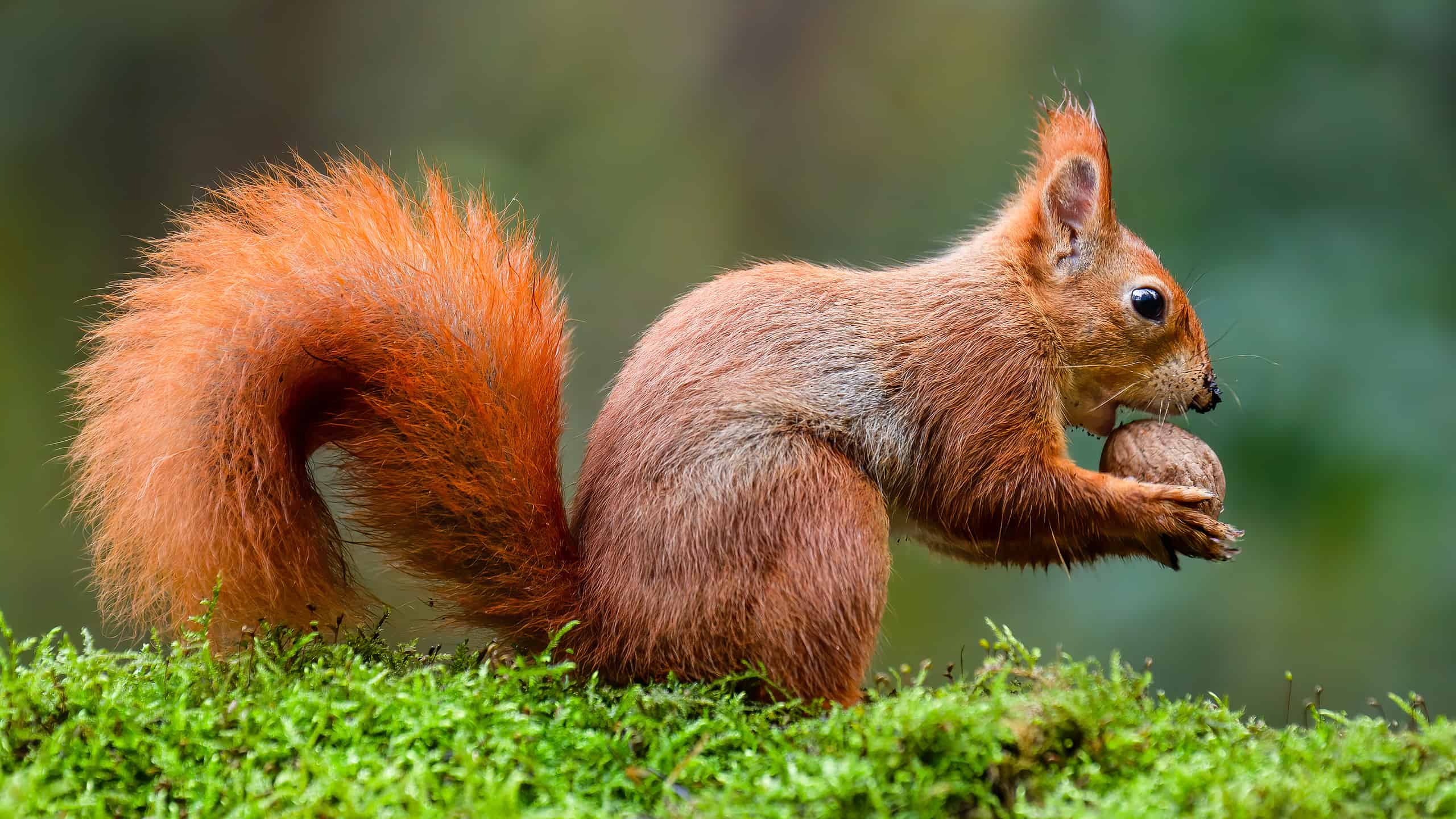
Most people do not know that squirrels have excellent memories.
©Koen Adriaenssen/Shutterstock.com
Sometimes, squirrels seem too frazzled to remember much of anything; other times, they go right to where they buried a nut. These medium-sized rodents need to have an excellent memory to survive. They remember which houses have birdseed, cats, barking dogs, and nut trees and where they buried their nuts. Squirrels can retrace their steps and find which tree has their nest. They can even differentiate their buried nuts from other nearby buried nuts.
If they believe that someone is spying on them and could take their nuts once they’re gone, they will dig up their nuts and move them elsewhere and will be able to remember where they forced them to.
The photo featured at the top of this post is © Rita_Kochmarjova/Shutterstock.com
Thank you for reading! Have some feedback for us? Contact the AZ Animals editorial team.






